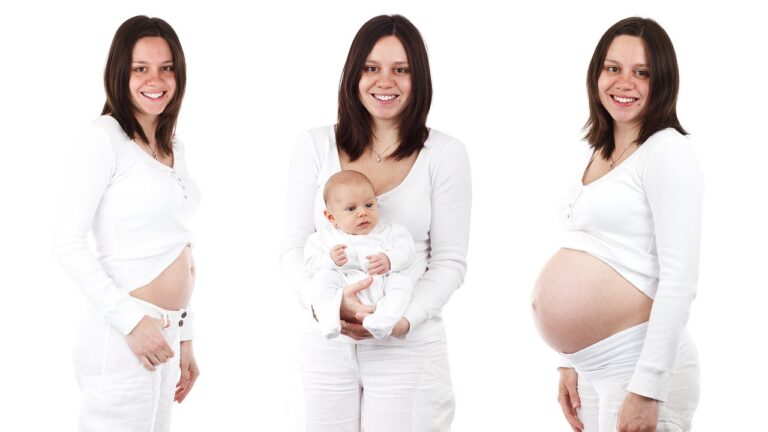Your New Birth Baby’s First 24 Hours Loveliness: What To Expect?
The Miracle of Your New Birth Baby
They say birth is the only blind date where you’re guaranteed to meet the love of your life after the most intense workout ever! I have to agree. Birth is one of the most unforgettable events as a woman, as a parent, and especially as a new parent. It has been a whirlwind of emotions from the pain of giving birth to seeing your little ball of sunshine for the first time.
All of the “firsts” surely are memorable ones. The first glance, cry, and gentle touch will be the most special and enduring. I remember the first time I became a parent, my husband and I were always amazed by the sheer beauty and vulnerability of our new birth baby. A life-changing event in our lives indeed.
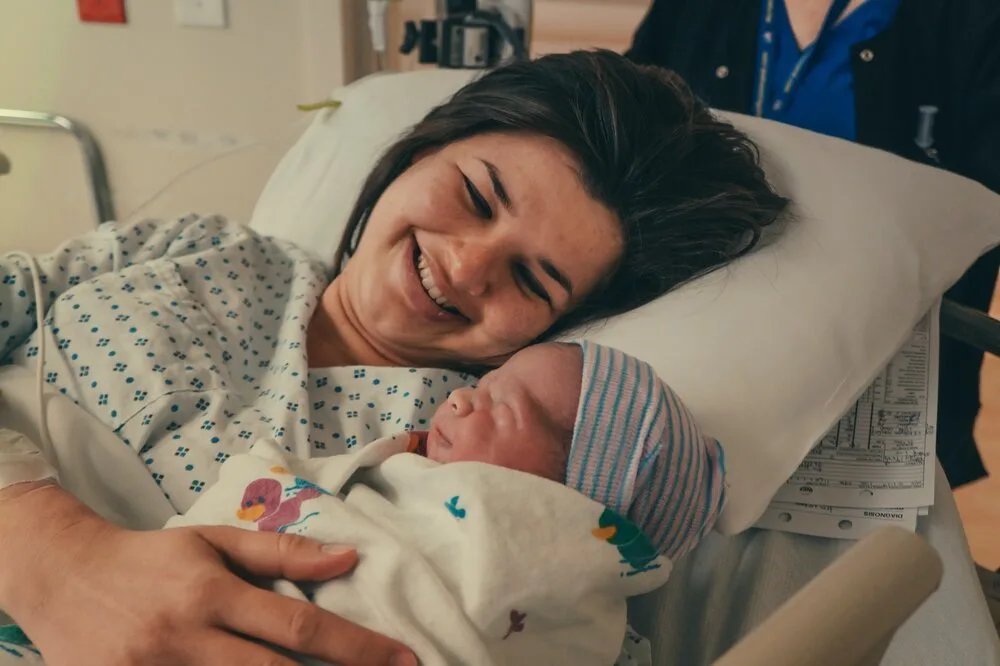
And for sure just like us before, you might be wondering by this time the first 24 hours of your new birth baby’s life. In this article, I am going to give you a rundown of what’s like within the first 24 hours of your new birth baby. There are several activities that your healthcare professional (midwife or ob gyne) and staff are going to administer to your new birth baby. And as a parent, especially a new parent you have to be mindful of what’s going on after giving birth. So keep on reading!
Umbilical Cord Care
After birth, it is recommended to delay the cord clamping as it has lots of benefits for your baby. According to Dr. Allan Green, at the moment a new birth baby is born, 1/3 of their blood is still outside their body. If you delay cord clamping 90 seconds they get 60 %more blood cells. They get enough iron to last them through their first year, they get white blood cells to fight infection. They get antibodies and stem cells to help your baby repair their body.
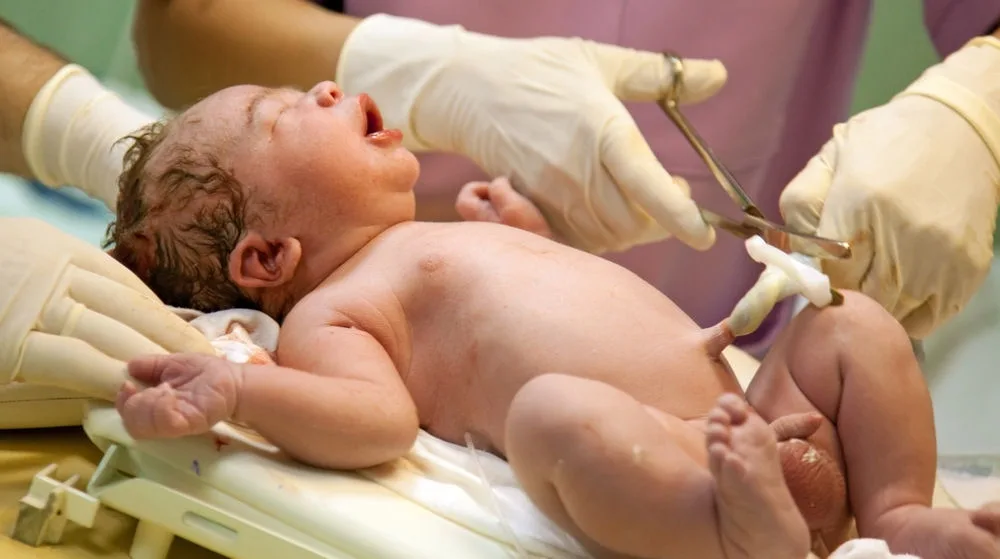
When you get home after giving birth, your newborn’s umbilical cord takes about a week to dry out and drop off. Keep it clean and dry until it does. If you notice any bleeding or discharge, tell your midwife, health visitor, or GP.
Cord blood collection if you are Rh-negative
If your blood group is Rh-negative, some blood will be taken from the umbilical cord to determine whether your baby’s blood group is compatible.
The Golden Hour
It is advisable that after birth whether normal vaginal or cesarean birth, your newborn baby should be put on your chest for skin-to-skin contact. But, this is not just a skin-to-skin contact but it is called the “Golden Hour”. It is the special first few hours after birth when Mama and the new birth baby have uninterrupted time to bond. There are many known benefits for both baby and mama. And for parents, especially new parents you should know this!
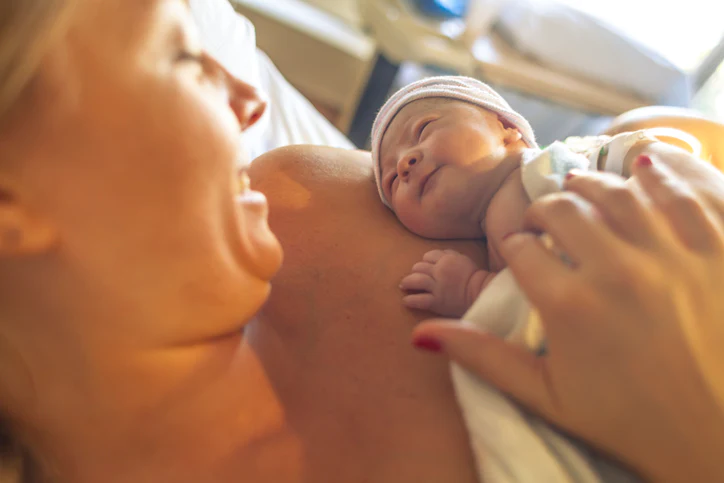
Benefits Of the Golden Hour
- helps foster immediate bonding between mom and baby
- facilitates early initiation of breastfeeding
- helps strengthen the baby’s immunity
- helps baby regulate their body temperature
How to Add It to Your Birth Plan?
Express your wishes to your healthcare provider ahead of time, whether you opt for a midwife or an ob-gyne they are going to assist you with what you like for your birth and desire to have an uninterrupted skin-to-skin time with your new birth baby. In most cases, any newborn exams can wait and those that need to be done can be done while the baby is on your chest.
What if mom and baby have to be separated?
In certain situations, the Golden Hour may not be possible due to birth complications involving the mother or baby. In this case, your partner can do skin-to-skin with the new birth baby until you can.
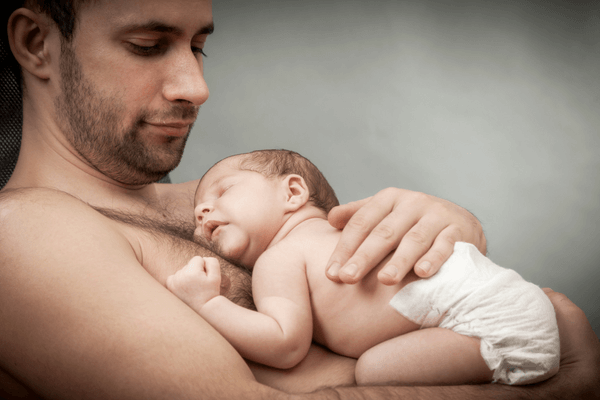
Newborn Tests
After your uninterrupted skin-to-skin contact with your baby, your healthcare provider is going to evaluate your new birth baby’s health by using an Apgar score. This routine test measures a baby’s responsiveness and vital signs. Five factors are checked: heart rate, breathing, color, activity and muscle tone, and grimace reflex response.to make sure they are healthy. This is just a quick and easy test given mainly to see if a baby needs help breathing.
If a new birth baby has a 7 score below, the medical staff or your healthcare provider staff will do these quick procedures which may include:
- clearing the nasal passages with a suction bulb
- weight, head circumference, and length measured
- eye ointment or drops are given to prevent infection
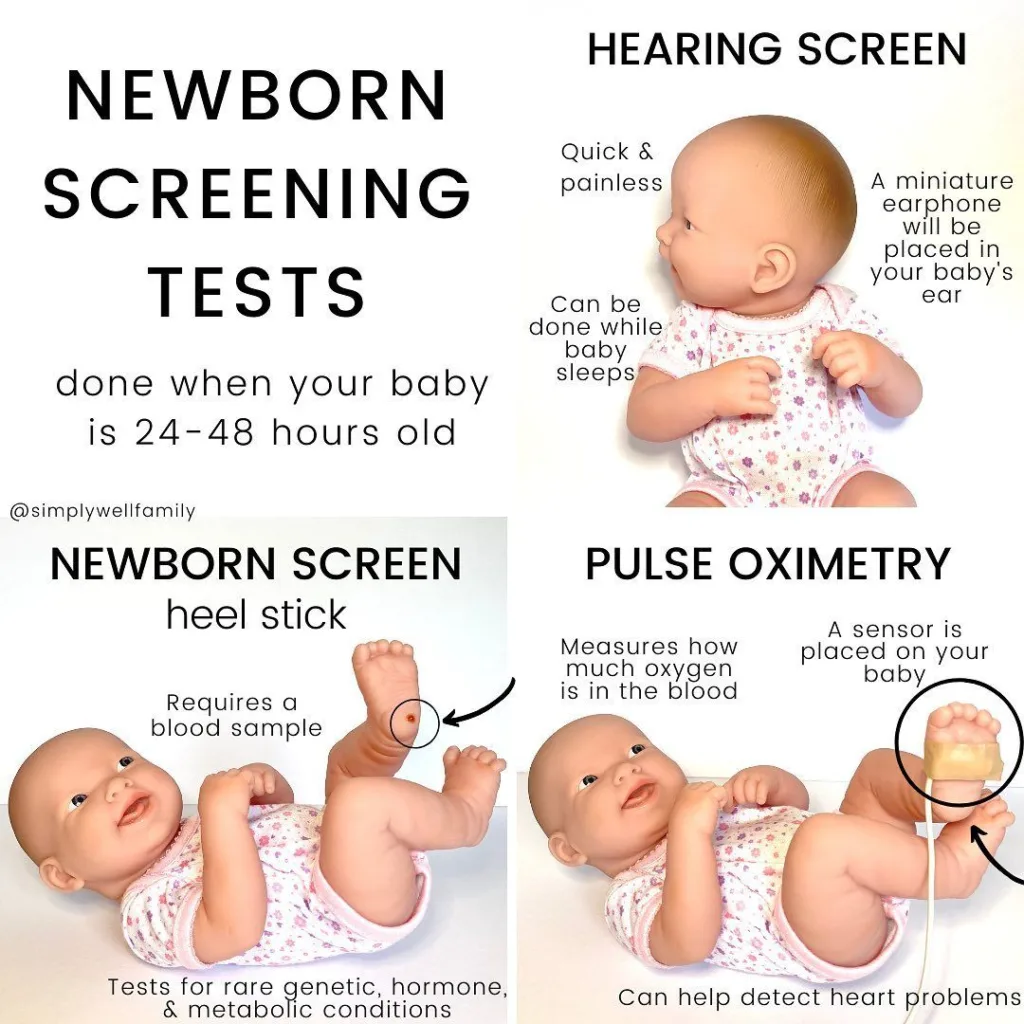
First Newborn Wash
After the birth of your baby, the recommended time to cut off the umbilical cord is done, an uninterrupted skin-to-skin contact or the Golden Hour is through, and the newborn tests. It is time for the mommy to rest in the recovery room and the new birth baby goes to the nursery for a thorough bath. our baby will get a vitamin K injection to help the blood clot properly and prevent a serious bleeding disorder. Your baby also may get a dose of the hepatitis B vaccine, with your consent.
Other tests vary from one hospital to another and may be administered weeks after birth. Your newborn may get a blood test to check blood sugar or bilirubin levels. If problems are found, the baby may need immediate medical attention.
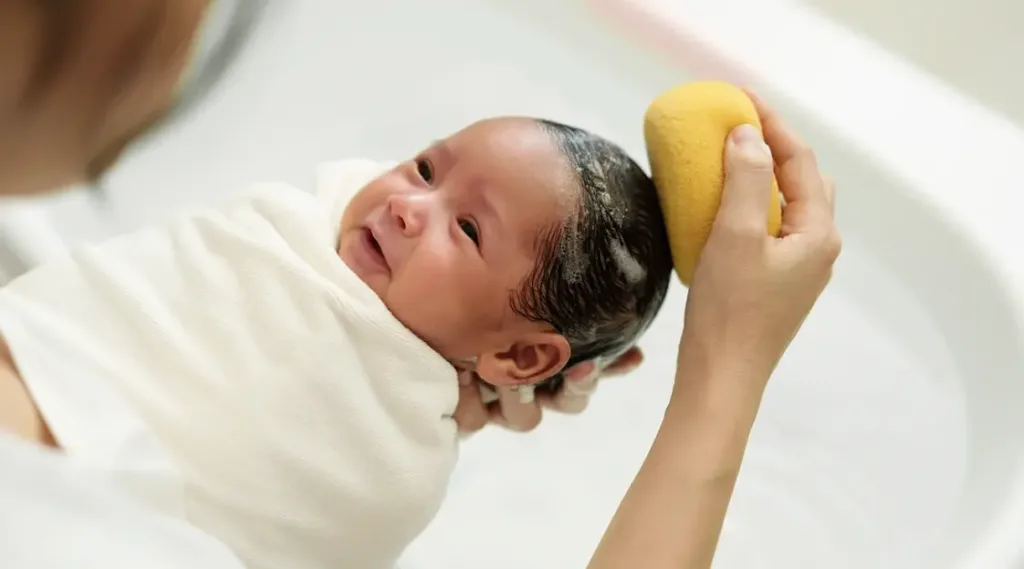
Feeding
They say that whatever you choose to feed your baby whether breastfed or formula milk, it doesn’t make you a bad mother. But take note that inside the hospital, mothers are strictly observed to breastfeed. Babies start to show signs of wanting to feed soon after birth and usually attach and suck at the breast about 50 minutes after birth. They may then breastfeed for an hour or more. Put your baby against your chest, and they will probably find your breast and start feeding. If that doesn’t happen, you can ask your midwife or a lactation consultant for help.
The first milk you make is called ‘colostrum’. It’s thick and often yellowish, rather than pure white. It’s the ideal milk for your baby. Normally a small amount is produced — your baby’s tummy is just the size of a marble.
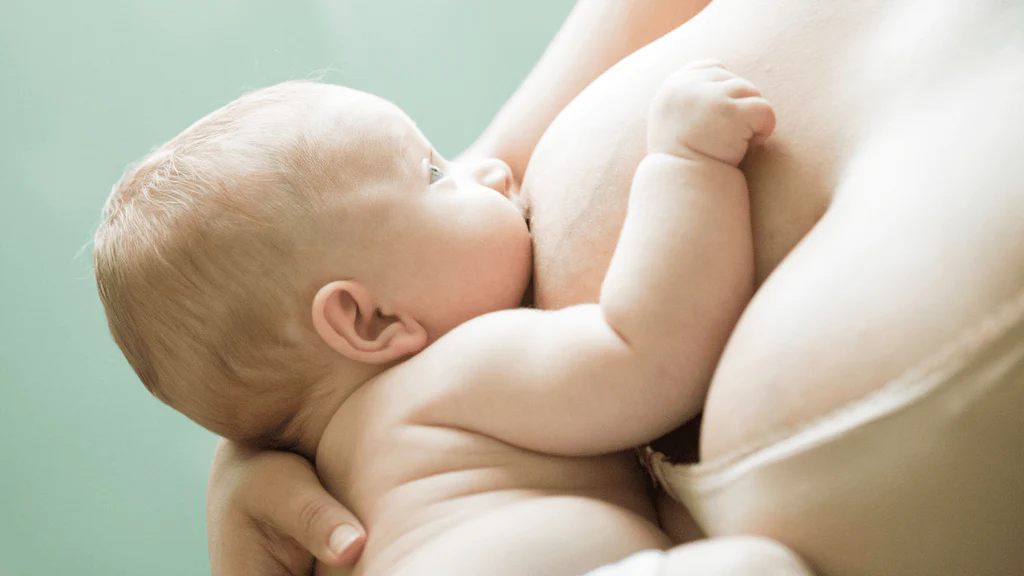
Sleeping
Your baby will stay with you so you can bond and respond easily to their needs. They’ll probably sleep soon after their first feed, and that might last 6 hours or so. They will probably sleep for more than half of their first day in the world.
Visitors on the First Day
While our family and friends cannot keep up their excitement to see the new member of the family, it is advisable not to have a parade of visitors as the parents especially the mother of the baby should take plenty of rest and sleep. Advise your family and friends if they are going to visit, to take note of the proper hygiene and make sure they are not sick as the new birth baby is vulnerable to sickness.

Check more of our related articles here https://adventuremum.co.uk/





